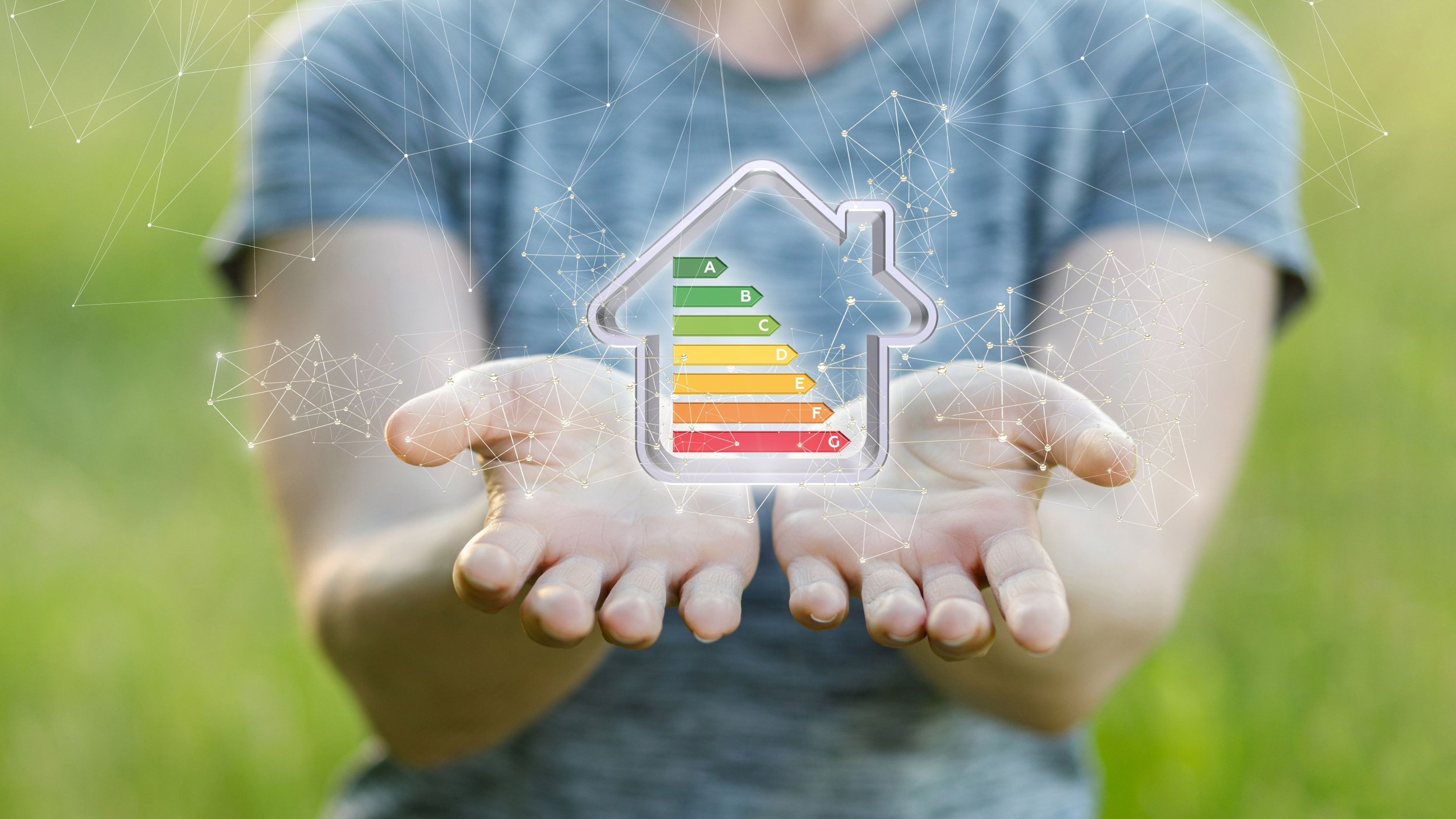EnerGuide and Halifax Homes: Why You Should Care
With rising inflation and climate change, conserving energy is at the forefront of most Halifax residents’ minds. We are fortunate enough in Halifax to experience all four seasons: but with these drastic shifts in temperature, we can use a lot of energy in our homes to maintain comfortable temperatures. Many of us need to turn our heat source on for most of the winter and use air conditioning through the hottest months of the summer. This can add up to increased utility bills and carbon emissions.
Sure, you hear about all sorts of different ways to improve the energy efficiency of your home but how are you supposed to know where to start? Does your home even waste that much energy, and if it does, which renovations would make the most impact?
Before choosing which renovations or retrofits to conduct, it’s always great to have a baseline: That’s where Canada’s program called EnerGuide comes in.
Read through our article below to learn what an EnerGuide rating is, how it is measured, and what to look for in terms of ratings when purchasing a Halifax home!
What is an EnerGuide rating?
An EnerGuide rating is a number that is calculated to determine your home’s energy consumption in gigaojoules per year. This means the number is an estimate of the net amount of energy your home will consume in 12 months.
The lower the number, the better. If your home’s EnerGuide rating was 0, this would mean that your home is net zero: It uses as much energy as it produces, and does not produce any excess, or in other words, no energy is wasted. This is almost impossible to achieve, as the average newly constructed home has an EnerGuide rating of about 100. Nevertheless, the closer to zero, the better.
According to Landmark Homes, the average household uses 100 gigajoules of energy per year. If your home has an EnerGuide rating, you may receive a label like this:
This label will tell you the following:
- Your EnerGuide Rating
- Where a typical new home falls on the scale
The amount of greenhouse gases your home emits
The impact your home has on the environment.
As Landmark Homes says: The better the rating, the more comfortable your home will likely be.
How is the rating measured and calculated?
As stated above, the rating is measured in gigaojoules of energy. To put this in perspective: 1 gigajoule of energy is used to run a refrigerator for 30 weeks or to wash 100 loads of laundry.
An EnerGuide rating is calculated by an energy advisor who is registered with Natural Resources Canada. They will arrive at your property and do a thorough inspection of the exterior and interior of the home, as well as collect data involving the following (From The Government of Canada):
the level of your home’s airtightness, using a blower door test;
the insulation levels of your walls, ceilings and basement;
the number, type and location of all windows and exterior doors;
the size and efficiency ratings of your space heating, space cooling (air conditioning) and water heating equipment;
information about any ventilation equipment; and
any other information relevant to your home’s energy performance.
The energy advisor will confirm the locations of attic, basement/crawl space accesses, mechanical equipment, etc. with you in the course of the evaluation. If clear access has not been provided in advance, they may request that you assist in providing safe and unobstructed access to these areas.
If you have fuel-fired space heating or water heating systems, the space heating system will need to be turned down or turned off and the fuel-fired water heating system will need to be turned down to avoid the firing of the equipment during the blower door test. This is because the blower door fan could impact the proper operation of your gas appliances and cause safety issues during the evaluation. All equipment will be returned to pre-evaluation settings at the end of the test.
After they inspect your home and collect the required data, they will provide you with an EnerGuide rating label, like the one shown above, as well as your renovation upgrade report, which will detail recommended upgrades to lower your rating.
Why should you care about EnerGuide ratings?
Owners: You should care about EnerGuide ratings because they give you valuable information on upgrading your home to be more comfortable, more cost-efficient, more energy efficient, and better for the environment.
Buyers: You should care about EnerGuide ratings because they can help you determine if a property is functioning efficiently, so you are not surprised with large utility bills in the future. EnerGuide ratings can help you decide between two properties, and anticipate future renovations that should be made to conserve energy.
Sellers: You should care about EnerGuide ratings, as having a good rating is a great selling point that will make your property stand out among the rest. Being rated also shows that you care about your home, and have gone out of your way to address the correct improvements needed for a home to be comfortable and long-lasting. Buyers love properties that their previous owners take pride in.
If you are interested in having your home rated, click the link below for more information!
https://www.nrcan.gc.ca/energy-efficiency/energuide/12523
Jordan Gunn
Licensed Real Estate Assistant
Keller Williams Select Realty
902-401-0373





